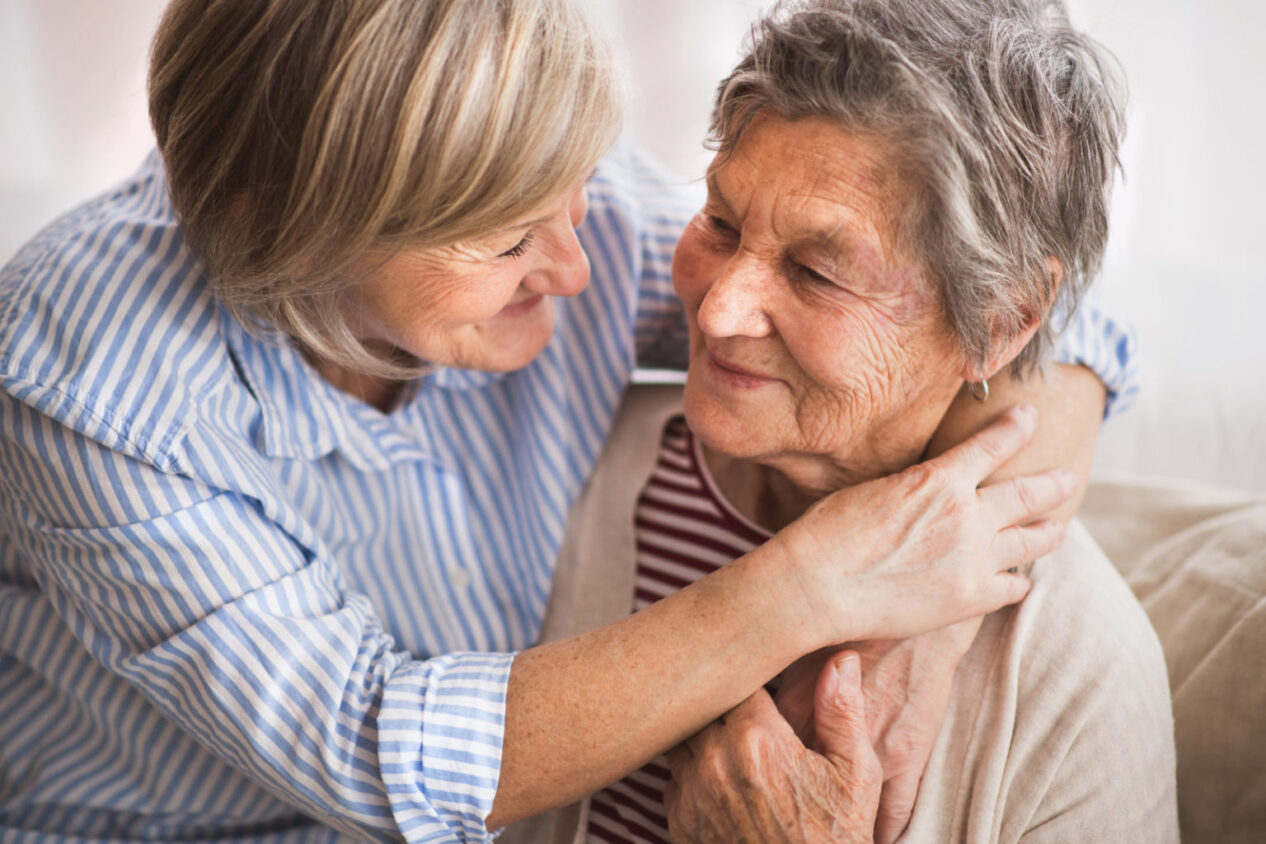Many caregivers already experience frustration and stress, and a time of crisis may exacerbate strain and tension in caregiving relationships, says Elizabeth Avent, a PhD in Gerontology student who has studied relationship strain between caregivers and care recipients.
“The coronavirus outbreak has caused many disruptions in caregiving routines and errands, such as grocery shopping and attending doctor’s appointments,” Avent says. “Caregivers have expressed strain and tension stemming from activities of daily living, particularly bathing and toileting. With the rise of panic buying and hoarding sanitary resources, many caregivers of older adults are low on these resources to properly provide care.”

Elizabeth Avent
Luckily, Avent’s research indicates that caregivers who experience relationship strain can develop coping strategies and tap into resources, such as the USC Family Caregiver Support Center, to help alleviate stress. Coping strategies that caregivers mentioned in the study included “going with the flow” and being less rigid and more accepting of situations; engaging in self-care activities such as watching a funny television show, listening to music, or meditating; talking to friends or other supportive family members; and allowing themselves to take a quick break in the moment of rising tension and strain.





